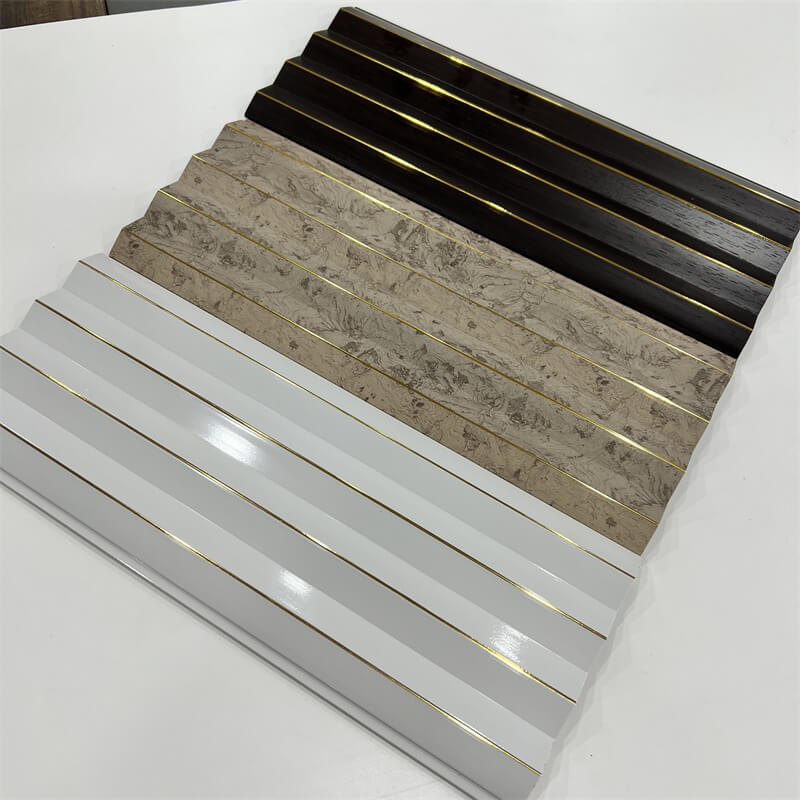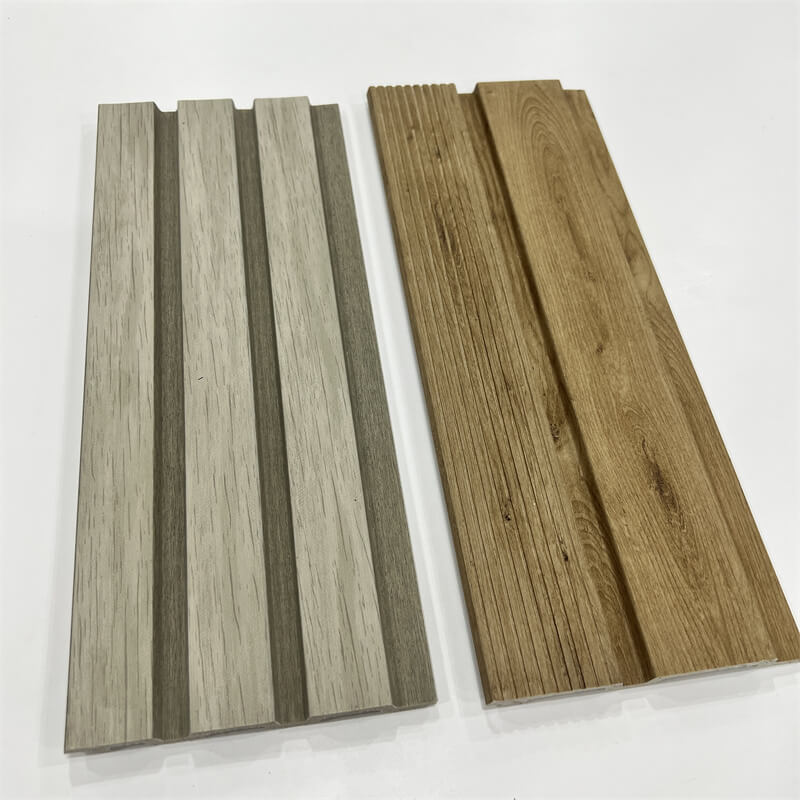
Introduction to PS Wall Panels
In recent years, the construction industry has witnessed a significant transformation with the rise of PS wall panel manufacture.
PS wall panels, also known as polystyrene wall panels, have revolutionized the way buildings are constructed.
These lightweight and durable panels offer numerous advantages over traditional construction methods, making them a popular choice among architects, builders, and developers.
In this article, we will explore the emergence of PS wall panel manufacture and delve into the various ways they are revolutionizing the construction industry.
Advantages of PS Wall Panels
PS wall panels offer a wide range of advantages that contribute to their growing popularity.
Firstly, these panels are incredibly lightweight compared to traditional building materials such as concrete or brick.
This feature not only reduces transportation costs but also eases the installation process, making construction projects more time-efficient.
Additionally, PS wall panels are highly energy-efficient.
The insulation properties of polystyrene help maintain stable indoor temperatures, reducing the reliance on heating and cooling systems.
This energy efficiency translates into long-term cost savings for building owners and occupants, making PS wall panels an attractive option for both residential and commercial construction projects.
Moreover, PS wall panels are known for their excellent soundproofing capabilities.
The dense polystyrene core acts as a barrier against noise transmission, creating quieter and more comfortable living and working environments.
This advantage is particularly valuable in urban areas or buildings where noise pollution is a concern.

Sustainable Construction with PS Wall Panels
Sustainability is a key consideration in modern construction, and PS wall panels are making significant contributions in this area.
These panels are made from expanded polystyrene, a recyclable material that can be reused in the manufacturing process.
This not only reduces waste but also minimizes the environmental impact of construction projects.
Furthermore, PS wall panels are designed to be highly durable, ensuring the longevity of buildings.
The panels have excellent resistance to moisture, mold, and pests, eliminating the need for frequent maintenance and reducing the use of harmful chemicals.
This durability factor also extends the lifespan of buildings, reducing the need for frequent renovations or reconstruction.
The energy efficiency of PS wall panels also plays a role in sustainable construction.
By minimizing the energy consumption of buildings, these panels contribute to a lower carbon footprint and reduced reliance on non-renewable energy sources.

Challenges and Future Outlook
While the rise of PS wall panel manufacture brings about numerous benefits, there are also challenges that need to be addressed.
One of the key challenges is the perception and acceptance of new construction methods.
The construction industry has long been rooted in traditional practices, and adopting new technologies and materials requires a shift in mindset and approach.
Education and awareness campaigns can play a crucial role in showcasing the advantages and dispelling any misconceptions surrounding PS wall panels.
Another challenge lies in the availability of skilled labor for PS wall panel installation.
As this technology is still relatively new, there is a need for training programs and certifications to ensure the workforce is adequately equipped with the knowledge and skills to work with PS wall panels effectively.
Looking ahead, the future of PS wall panel manufacture appears promising.
Continued research and development will likely lead to further advancements in panel design, resulting in even more efficient and sustainable construction methods.
Increased market adoption and acceptance will drive economies of scale, making PS wall panels more accessible and cost-effective.
The rise of PS wall panel manufacture is revolutionizing the construction industry, offering numerous advantages over traditional construction methods.
From lightweight and energy-efficient properties to sustainability and durability, these panels are transforming the way buildings are designed and constructed.
While challenges exist, the future outlook for PS wall panels is promising, as more stakeholders recognize the value and potential of this innovative building technology.
As the industry continues to evolve, PS wall panels will undoubtedly play a significant role in shaping the future of construction.
